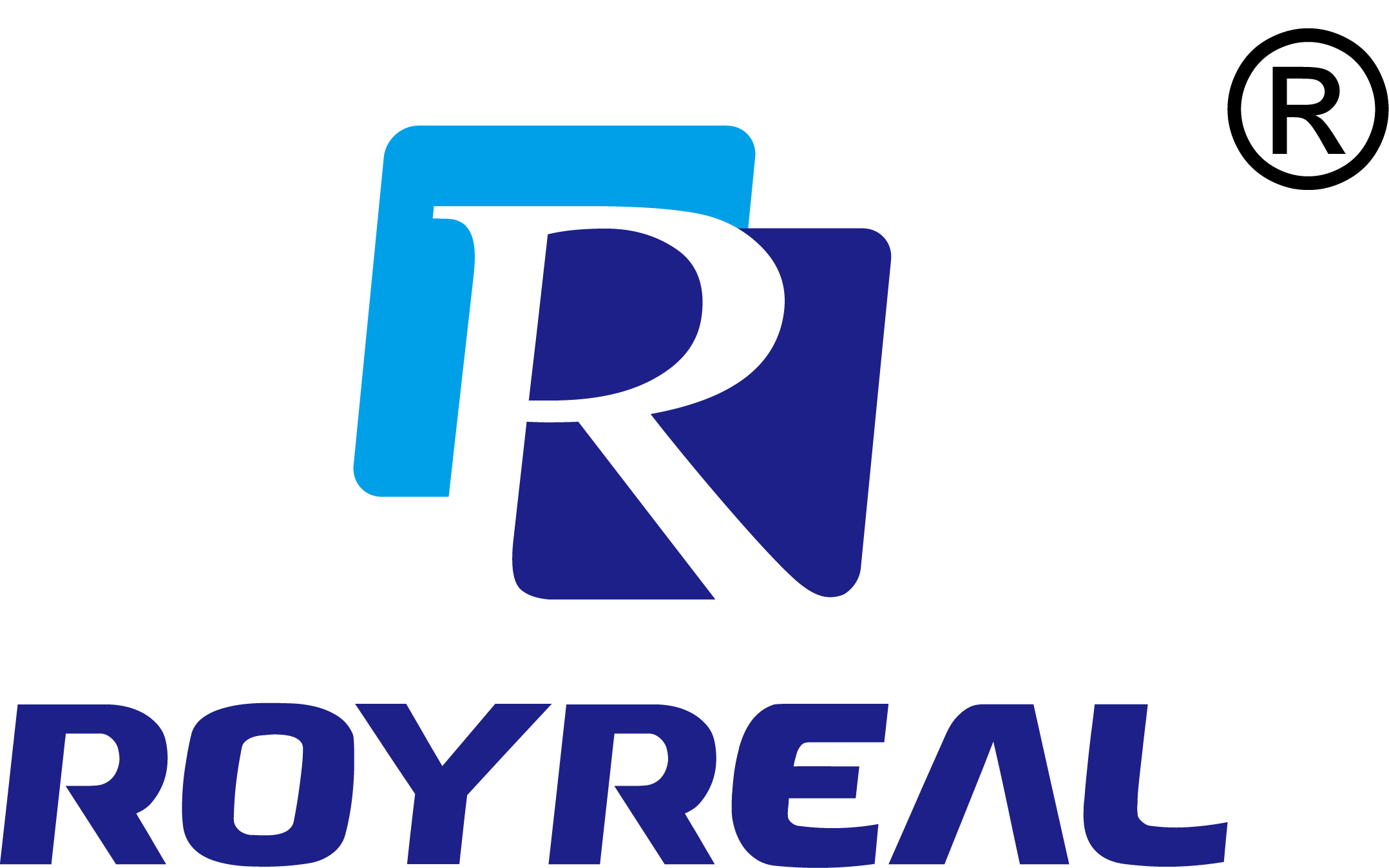How to Choose the Best Wet Gas Flow Meter for Accurate Measurements
Category: Industry News
Time:2024-12-09
Table of Contents:
1. Introduction
2. Understanding Wet Gas Flow Measurement
3. Factors to Consider When Choosing a Wet Gas Flow Meter
3.1 Measurement Accuracy
3.2 Operating Conditions
3.3 Flow Range
3.4 Maintenance and Calibration
3.5 Cost
3.6 Compatibility with Gas Composition
3.7 Environmental Considerations
3.8 Reliability and Durability
4. Types of Wet Gas Flow Meters
4.1 Positive Displacement Flow Meters
4.2 Turbine Flow Meters
4.3 Coriolis Flow Meters
4.4 Ultrasonic Flow Meters
4.5 Vortex Flow Meters
4.6 Thermal Flow Meters
4.7 Differential Pressure Flow Meters
5. Frequently Asked Questions
5.1 What is a wet gas flow meter?
5.2 How does a wet gas flow meter work?
5.3 Which type of wet gas flow meter is the most accurate?
5.4 Can a wet gas flow meter handle varying gas compositions?
5.5 What maintenance is required for a wet gas flow meter?
6. Conclusion
Introduction:
Accurate measurement of wet gas flow is crucial in various industries, including oil and gas, chemical, and pharmaceutical. A wet gas flow meter helps determine the quantity of gas and liquid phases in a mixture, providing vital data for process control, custody transfer, and optimization. Choosing the right wet gas flow meter is essential to ensure reliable measurements and minimize errors. In this article, we will guide you through the process of selecting the best wet gas flow meter for your specific requirements.
Understanding Wet Gas Flow Measurement:
Wet gas flow measurement refers to the quantification of gas and liquid phases in a flowing mixture. Unlike dry gas flow, which involves only gas components, wet gas flow includes liquid droplets or condensates. Accurate measurement of wet gas flow requires specialized flow meters capable of handling the unique challenges posed by liquid entrainment. These challenges include accurate phase separation, compensation for liquid loading effects, and precise measurement of both gas and liquid flow rates.
Factors to Consider When Choosing a Wet Gas Flow Meter:
When selecting a wet gas flow meter, several factors need to be considered to ensure accurate measurements and optimal performance. These factors include measurement accuracy, operating conditions, flow range, maintenance and calibration requirements, cost, compatibility with gas composition, environmental considerations, and reliability and durability.
Measurement Accuracy:
Measurement accuracy is crucial in wet gas flow applications as even small errors can lead to significant discrepancies in the calculated quantities. It is essential to choose a flow meter that offers a high level of accuracy, particularly in terms of phase separation and liquid loading compensation. The flow meter should also provide reliable readings across a wide range of flow rates and gas compositions.
Operating Conditions:
Consider the specific operating conditions in which the wet gas flow meter will be used. Factors such as temperature, pressure, and fluid properties can impact the performance of the flow meter. Ensure that the selected flow meter is suitable for the anticipated operating conditions to guarantee accurate measurements.
Flow Range:
The flow range of the wet gas flow meter is another critical factor to consider. Different flow meters have varying capabilities in handling low or high flow rates. It is important to choose a flow meter that can accurately measure the expected flow range of your application.
Maintenance and Calibration:
Evaluate the maintenance and calibration requirements of the flow meter. Some flow meters may require frequent calibration or periodic maintenance, which can impact operational costs and downtime. Opt for a flow meter that offers ease of maintenance and calibration without compromising measurement accuracy.
Cost:
Consider the cost implications of the wet gas flow meter. While it is essential to invest in a high-quality and accurate flow meter, it is also crucial to find a balance between performance and cost. Compare the features, capabilities, and long-term costs of different flow meters to make an informed decision.
Compatibility with Gas Composition:
The composition of the gas being measured can affect the accuracy and performance of the flow meter. Ensure that the selected flow meter is compatible with the specific gas composition in your application. Some flow meters may have limitations when it comes to handling varying gas compositions, so it is important to choose one that suits your requirements.
Environmental Considerations:
Consider any environmental factors that may impact the performance of the wet gas flow meter. These factors can include extreme temperatures, humidity, corrosive environments, or hazardous conditions. Opt for a flow meter that is designed to withstand the environmental challenges present in your application.
Reliability and Durability:
Choose a flow meter that offers reliability and durability. The flow meter should be able to provide accurate measurements consistently over an extended period, even in challenging operating conditions. A robust and well-built flow meter will minimize the risk of failures and ensure long-term performance.
Types of Wet Gas Flow Meters:
Several types of wet gas flow meters are available, each with its own strengths and limitations. Understanding the different flow meter technologies can help you select the most suitable option for your specific application. The common types of wet gas flow meters include positive displacement flow meters, turbine flow meters, Coriolis flow meters, ultrasonic flow meters, vortex flow meters, thermal flow meters, and differential pressure flow meters.
Frequently Asked Questions:
1. What is a wet gas flow meter?
A wet gas flow meter is a specialized instrument used to measure the flow rates of gas and liquid phases in a mixture.
2. How does a wet gas flow meter work?
Different types of wet gas flow meters employ various principles to measure gas and liquid flow rates, such as positive displacement, turbine rotation, Coriolis forces, ultrasonic transit time, vortex shedding, thermal conductivity, or differential pressure.
3. Which type of wet gas flow meter is the most accurate?
The accuracy of a wet gas flow meter depends on factors such as the flow meter's design, calibration, and compatibility with the gas composition. Each flow meter technology has its own advantages and limitations in terms of accuracy.
4. Can a wet gas flow meter handle varying gas compositions?
Certain wet gas flow meters are designed to handle varying gas compositions more effectively than others. It is important to choose a flow meter that is compatible with the expected gas composition in your application.
5. What maintenance is required for a wet gas flow meter?
Maintenance requirements vary depending on the type and model of the wet gas flow meter. Regular calibration, cleaning, and inspection are typically recommended to ensure accurate and reliable measurements.
Conclusion:
Choosing the best wet gas flow meter for accurate measurements requires careful consideration of factors such as measurement accuracy, operating conditions, flow range, maintenance requirements, cost, compatibility with gas composition, environmental considerations, and reliability. By understanding the unique challenges of wet gas flow measurement and exploring different flow meter technologies, you can make an informed decision that meets your specific requirements. Invest in a high-quality flow meter to ensure reliable and precise measurements in your wet gas flow applications.
Keywords:
 EN
EN RU
RU SP
SP
